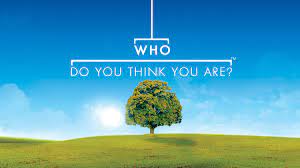
Who Do You Think You Are?
A Writer’s Journey Part 1
Becoming a celebrity could help me solve a couple of problems.
If I was a household name, it would be easier to get a book deal and sell thousands of novels. Quicker too.
There’s also a chance of being invited onto the BBC ancestry series, Who Do You Think You Are. If nothing else, it might help me to discover whether I have ancestors who passed down their creative DNA to me because I’ve no idea why I wanted to become a writer.
Okay, in case you’re thinking I’m a tormented soul in an ivory tower, or one of those people who papers their bedroom with rejection slips, writing played second fiddle to my career in environmental health for almost 40 years. I had a mortgage and bills to pay. But on the plus side I got a pension that allowed me to quit and write full time.
As far as I know, there are no writers, musicians or creatives in my DNA.
Then again, my father died when I was eight. As his family didn’t approve of my mother, I know nothing about this side of the family. My mother’s Italian, which means her side of the family are something of a mystery too.
I could have made more of an effort to track down my father’s relatives. I could have taken more interest in my Italian cousins. After all, being half Italian made me slightly more interesting to other kids than ‘the boy who preferred the library to the playground’.
No writing genes in this family
It’s possible that a rummage through the generations could unveil a Conan-Doyle or Umberto Eco in my family, rather than the farm labourers I discovered through my own limited research.

That said, you could dream up characters and plots while picking grapes or harvesting wheat, right? Most of my thinking occurs when I’m shaving, prompting me to rush from the bathroom to the study where I keep my notebooks – sometimes several times during a shave.
I’ve considered keeping a notepad in the bathroom, or scribbling notes on toilet tissue, but the way my mind races when I’m preparing to write, who knows where these notes could end up.
Had I inherited some writing DNA, I may have had more conviction about becoming a writer. My love of English and winning a national short story competition at the age of 12 wasn’t enough to inspire me. Being poor, we needed money, which meant a job with a salary and a pension.
The idea of an environmental health officer (EHO) solving crimes came to me while I was driving around my South Downs district between food hygiene inspections. For the first novel I considered my EHO investigating the death of a chef who poisoned guests at a wedding reception. But in the end, he investigated a fatal work accident at a flagship theme park.
But this is all recent history. It doesn’t explain why I was a creative child with no interest in science, a minimal connection with football, and a desire to have a typewriter for my 13th birthday. In case you’re wondering, I got one, despite my mother’s protestations.
It started with the Sunday newspaper
My interest in words started with my father’s Sunday newspaper and a photograph of the Beatles, boarding a plane for the USA. Aware of my interest, he sat me on his knee and we looked at the paper together. Apart from the photo of the Beatles, my interest was grabbed by the headlines and different sizes of letters and words.
As the Sundays passed, he taught me to read. When I started primary school, I knew enough words to make steady progress with the book the teacher handed out. When she spotted me flicking through the pages, she singled me out.
“Stop doing that,” she said, her voice scolding. “Concentrate on the first page.”
“I’ve read the first page.”
“You’ve read the first page?”
To clear up any confusion, I read it out loud – and the next few for good measure. Her cheeks reddened. Her voice rose in volume. It became a shriek when I explained how I’d learned from the Sunday Mirror.
The room fell silent and I realised everyone was staring at me like I was a freak.
Though I had no idea what I’d done wrong, I was in deep trouble. I was instructed to stop reading newspapers and learn how to read properly in class. Angry at this unfairness, I walked the mile and a half home, vowing never to return to school. My father could teach me what I needed to know.
Naturally, my mother wasn’t pleased to discover her four and a half year old son had walked home unsupervised.
After this inauspicious start, I devoured books. We lived on a country estate where my father was a groundsman. There was only one child nearby to mix with, and at school most kids remained suspicious of me as if I practised some kind of black magic.
My father’s untimely death when I was eight further isolated me and meant we left the leafy suburbs for the gritty north of England.
Books were my saviour
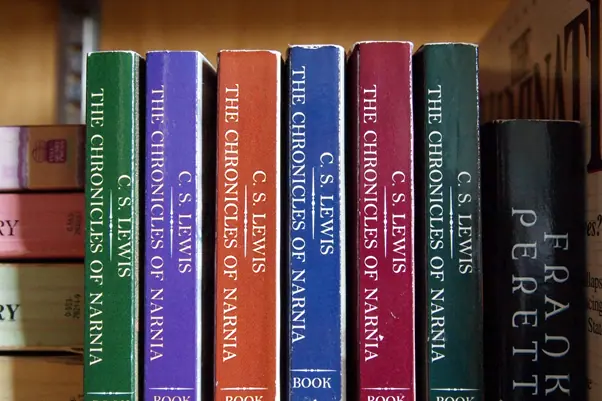
Books remained my window on the world. They comforted me, showed me great and courageous people, performing heroic deeds. I joined in the adventures of the Famous Five, pretending I was the sixth member, which might explain why I was rubbish at maths. CS Lewis charmed and educated me in a way playing football in the street never could.
When I started senior school at the age of 11, I discovered we were allowed to write stories for English homework. Mine were always long, vivid and wildly exciting. A trip to collect the Sunday paper meant dodging foreign agents, hiding in doorways until the aliens passed, while looking for secret entrances to other worlds.
When I’d exhausted the fiction section of the children’s library, the librarian allowed me to select books from the adult section. She vetted the books to make sure they were suitable. So imagine my surprise when she let me take home Casino Royale by Ian Fleming, my first proper crime story.
More crime fiction followed from the likes of Edgar Allen Poe, Arthur Conan Doyle and Agatha Christie. But the desire to write crime took another 30 years to surface.
Maybe it was the lack of writing DNA in my genes. Or more likely, it was a lack of focus. I’d always been one for trying something and moving on. Edit and revise, the experts said, but I wanted to write something new.
It’s an appealing notion to think you were born to be a writer. It’s more likely that growing up in an isolated environment and feeling different led me to find comfort, knowledge and hope in books. After all, reading is the flip side of writing.
We could explore this further if I become a household name, worthy of a spot in Who Do You Think You Are?
Or I could tell you more about my journey another time.
If you’d like to discover more about me and my writing, including news, insights into characters, updates on my Kent Fisher murder mystery series, and other fun stuff, please complete the form below to join my Readers Group. I promise no spam and I will never share your data.
You’ll receive an exclusive free copy of Dirty Work, a short story featuring Kent Fisher in the days before he started solving murders.
Simply complete the form below to join and claim your free short story.
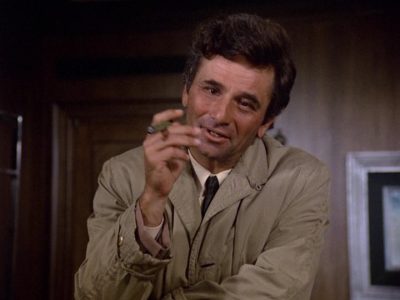
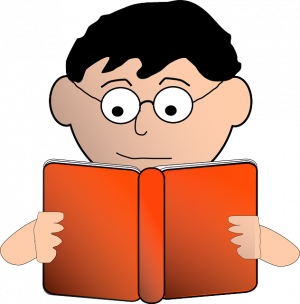
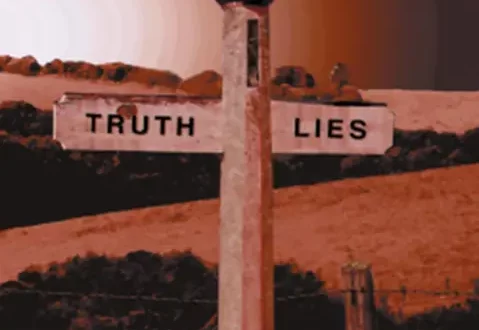

4 Comments
Barbara Norrey
Looking forward to reading your blog.
Robert Crouch
Thank you, Barbara. I hope you enjoy it.
Joyce Schneider
Love your blog, Rob! Wonderful, heartwarming stories. I loves the part where your Dad first taught you to read, and then the teacher couldn’t believe you were so far ahead…wonderful dialogue!
“Concentrate on the first page.” “I’ve read the first page.” “You’ve read the first page?”
So good, so good…
:-))
Robert Crouch
Thank you, Joyce. I can still remember that day in class and the way I was singled out.